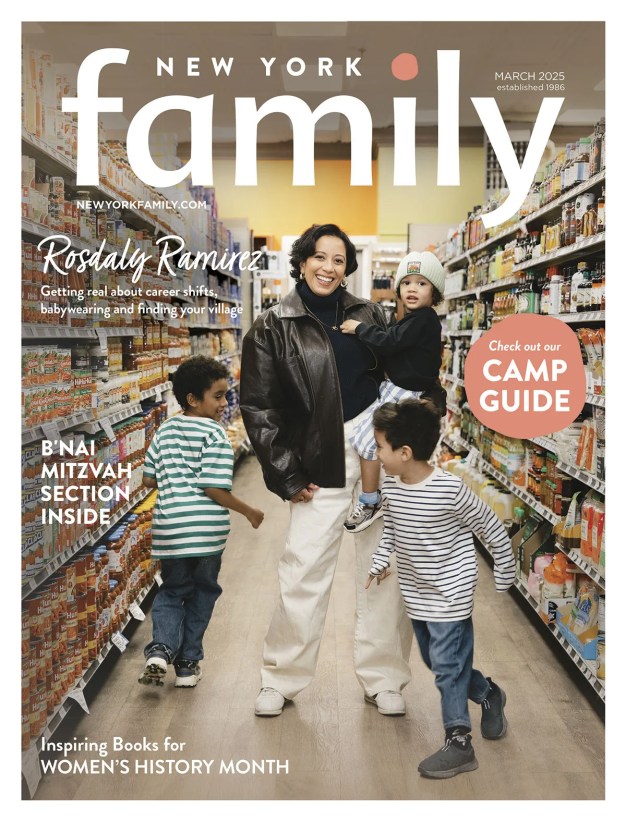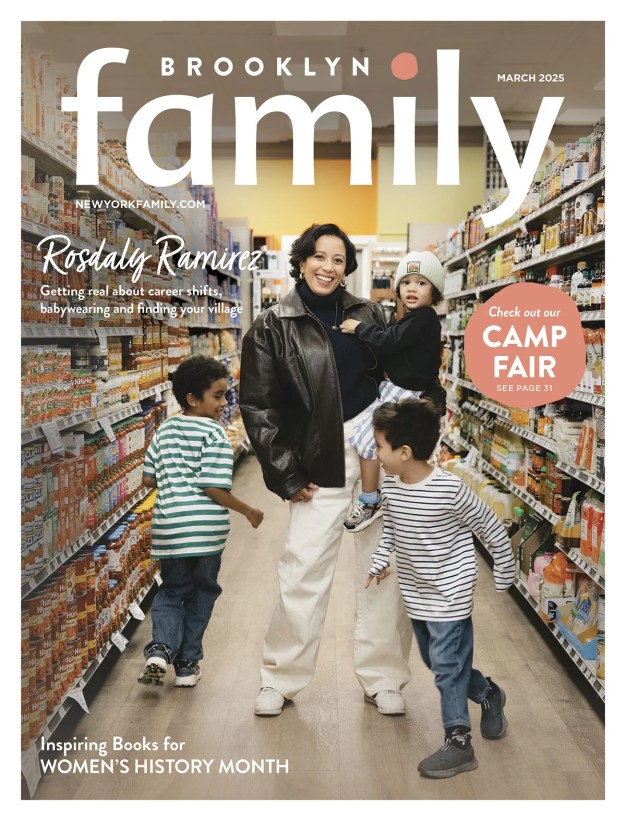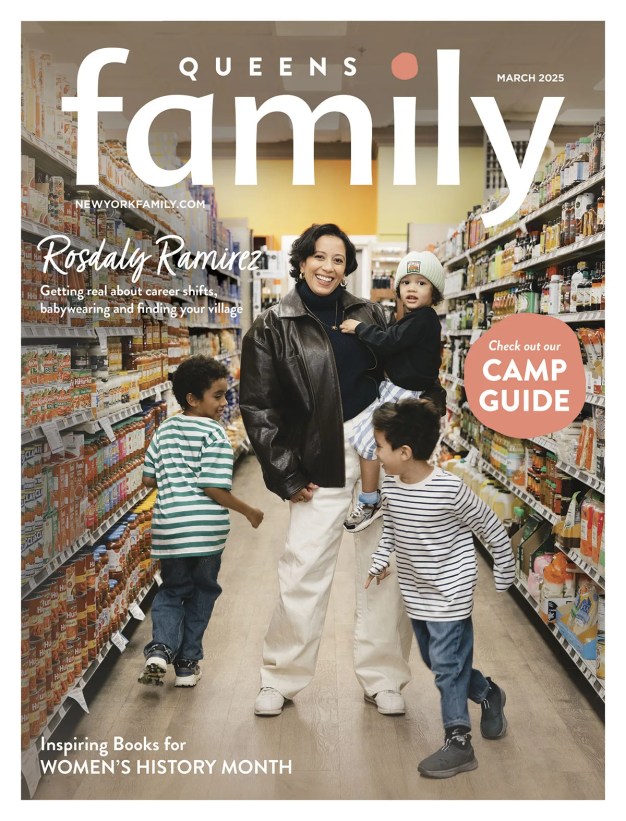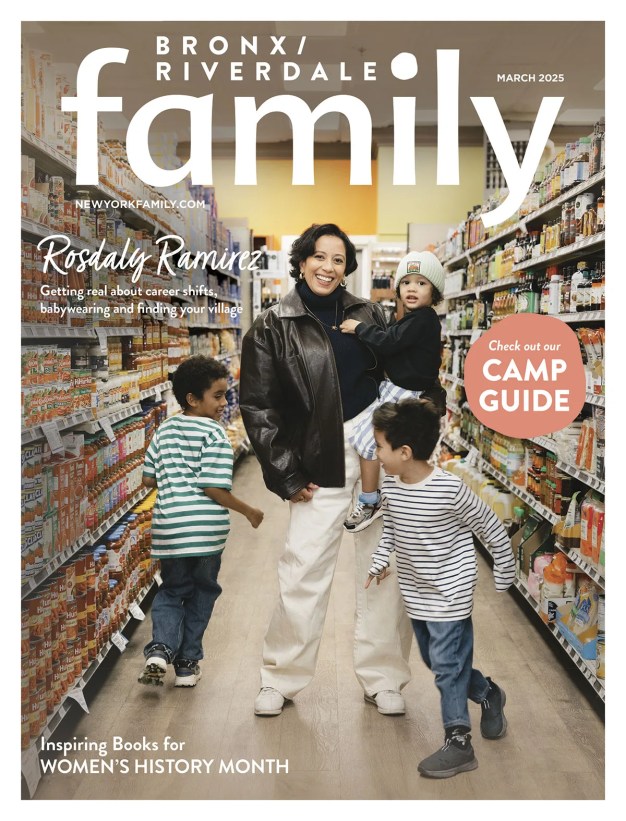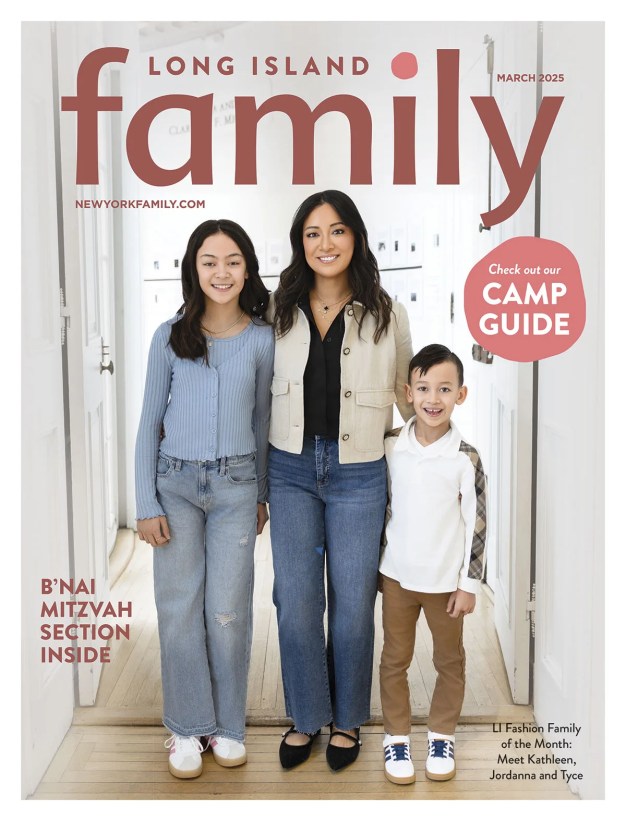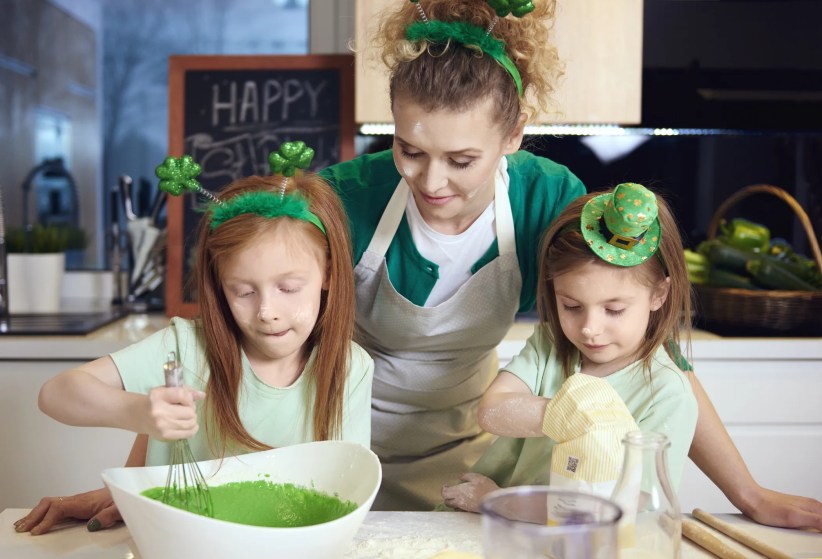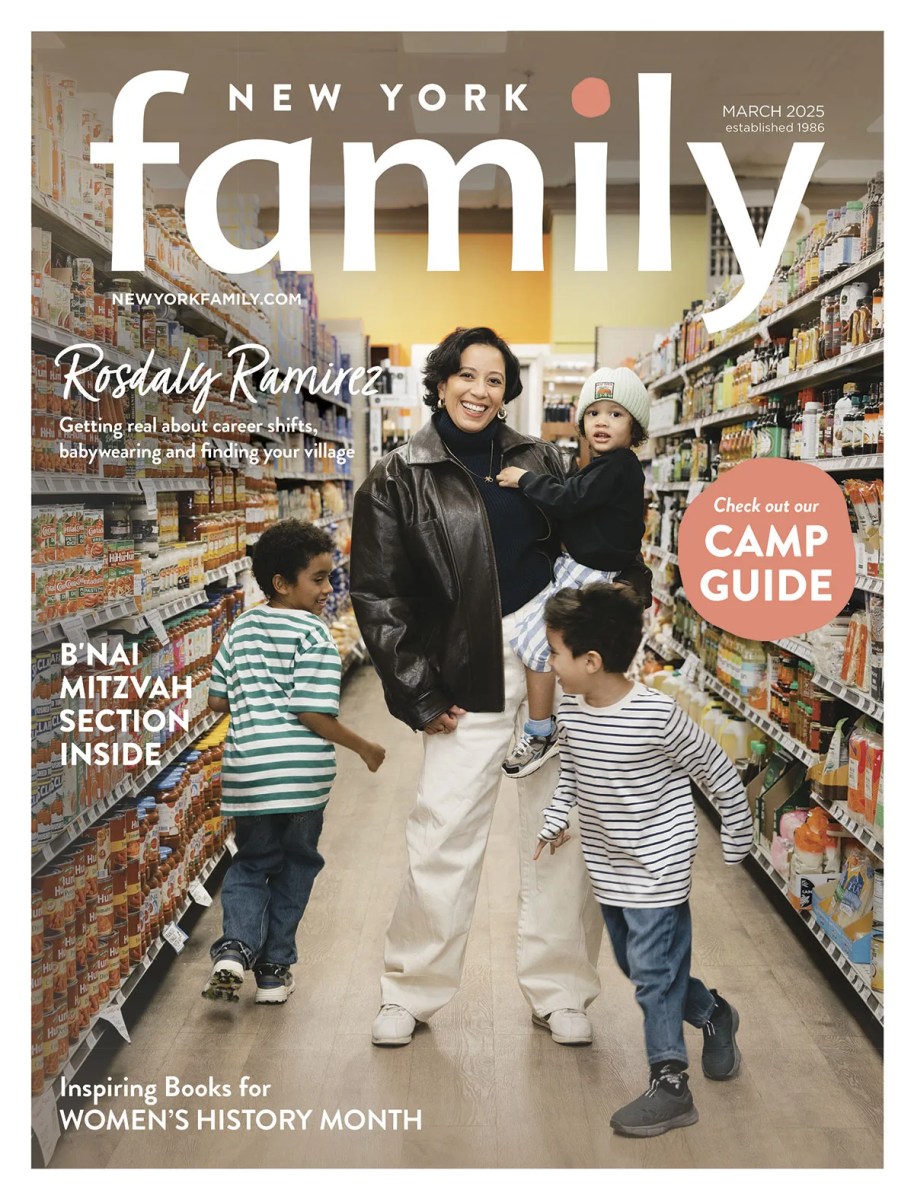 Parents: Does this sound familiar? It’s a Saturday afternoon and you are cleaning up the house. You ask little Zoey, age 8, to help you. Instead of helping you tidy up, Zoey is watching her favorite show on TV and doesn’t lift a finger. Fast forward to Sunday morning and you are driving Jackson, age 12, to his baseball game. You go over the “Game Day” checklist with Jackson in the car and he tells you that his baseball bag is on the hook in the garage—at home! Out of love, you turn the car around to get the bag. If this sounds awfully familiar, you may have an entitlement problem in your house.
Parents: Does this sound familiar? It’s a Saturday afternoon and you are cleaning up the house. You ask little Zoey, age 8, to help you. Instead of helping you tidy up, Zoey is watching her favorite show on TV and doesn’t lift a finger. Fast forward to Sunday morning and you are driving Jackson, age 12, to his baseball game. You go over the “Game Day” checklist with Jackson in the car and he tells you that his baseball bag is on the hook in the garage—at home! Out of love, you turn the car around to get the bag. If this sounds awfully familiar, you may have an entitlement problem in your house.
The entitlement bug can bite any family regardless of socio-economic background, notes parenting expert and author Amy McCready. “And the entitlement problem is not just over-indulging kids with ‘stuff,’” McCready says. “It’s also about doing things for kids that they are perfectly capable of doing for themselves: Rescuing them from their mistakes and smoothing the path for them so they don’t have to experience disappointment or failure.”
So why is this problematic? “At home, kids who are entitled are just plain difficult to live with,” explains McCready—who’s also the author of If I Have to Tell You One More Time… and the founder of the website PositiveParentingSolutions.com. “They expect to have things done for them. They expect to be indulged. They expect to be pampered. And that’s no fun!” But children don’t just exhibit this behavior at home. At school or college, “students who don’t do well on an exam often blame their teacher rather than take personal responsibility.” Likewise, coaches express similar sentiments.
If you are seeing a bit of this entitlement bug in your child, you’re not alone. “That’s normal because most of that comes from a place of love,” McCready says. “[But] the more parents over-protect, over-indulge, over-praise, and jump through hoops to make their kids happy, they’re robbing them of the problem solving skills and the resilience that they need to develop in order to function in the world successfully.”
Thus, when that love turns into over-parenting, it’s time to turn things around.
McCready teaches parents how to do just that in her latest book, The “Me, Me, Me” Epidemic: A Step-by-Step Guide to Raising Capable, Grateful Kids in an Over-Entitled World. At its core, the book arms parents with 35 tools—and countless age-appropriate examples—to help them raise children who are “responsible, respectful, capable, and grateful though living in an over-entitled world.” These tools are based upon the Positive Discipline principles of Jane Nelsen, EdD and are combined with tools McCready learned from her work as a parenting educator with families all over the world, and from her own experience raising two boys. She admits that she’s made every mistake in this book and has used all the tools.
We spoke with McCready to learn more about the entitlement epidemic, and how parents can un-entitle their kids and raise independent and responsible children.
What are some examples of how parents contribute to the entitlement problem?
First, parents over-indulge their children by giving them things that they really don’t need such as an iPhone at age 11. Parents also over-pamper their kids. Parents do things for their children that they are perfectly capable of doing for themselves such as tying their shoes or making their bed in the morning. Parents also rescue their kids instead of letting them learn from their mistakes. Additionally, parents are overly invested in their children’s success and in their happiness. So, parents will do whatever it takes to make sure that their kids are successful. Although all of this comes from a place of love, it can be toxic for kids.
What are some of the signs that a parent may have an entitled child?
Kids are going to have a bad day from time to time. But, if you see a reoccurring theme where your child does not take “no” for an answer, passes blame as opposed to taking responsibility, does not express gratitude, and expects parents to jump in and make things all better, then you probably got an entitlement problem on your hands.
Are there any common themes among the 35 tools?
One common theme is age-appropriate personal responsibility, which applies to toddlers all the way up to teenagers. Another theme is contribution. From toddlers to teenagers, everyone contributes in order for the family to function. Skilled development—or capability—is also a common theme. This includes things ranging from learning how to manage money to changing air filters. Essentially, your child is constantly, in age-appropriate ways, developing new skills to make him or her more independent and self-sufficient in an adult world.
[gravityform id=”13″ title=”false” description=”false” ajax=”true”]
Why is the “Mind, Body, and Soul Time” tool your personal favorite and the most effective?
The Mind, Body, and Soul Time tool gives kids what they are truly entitled to: Our time and attention. Mind, Body, and Soul Time is one-on-one time that you spend with your child on a daily basis. It only has to be 10-15 minutes. It is that time where your kid has you totally to himself. He doesn’t have to compete with your iPhone, or his sibling, or your partner. Human beings are wired to have that emotional connection. And if children don’t have that attention, then they will act out in negative ways to get what they need. This tool gives kids what they need proactively and positively so they don’t have to act out in negative ways.
Of the 35 tools, are there any that are critical or does it depend on the situation?
They’re all critical, of course. In addition to the Mind, Body, and Soul Time tool, The Decision-Rich Environment tool is critical. This tool is important because it allows children to make their own age-appropriate decisions within the parent’s boundaries. From toddlers to teens, parents find age-appropriate ways for their kids to make decisions. For example, little kids can choose the color of the breakfast bowl, or children can help plan the family vacation within a set budget. Another tool that is critical in un-entitling kids is the Gratitude Rituals tool—showing gratitude, having empathy, and putting yourself out there for others. If it’s all about “me, me, me,” that’s going to be a lonely life.
Social media has become an integral part of many people’s lives. How has social media impacted the entitlement problem?
For parents, social media has created a tremendous amount of competition in parenting: You see the best of everybody else. Some parents then think that they are a complete mess and that everyone else has it totally together. So parents feel the need to help their kids get a leg up and do what they can to set their children up for success. Selfies—for both kids and adults—totally reinforce this “me, me, me” perception and inward focus.
How do parents help their children without turning them into entitled children?
As a family, you have each other’s back. There’s nothing wrong with helping out your kids. However, that has to go in concert with training them how to function independently. If your children mess up the first time, you can be there to help out. But do the training and give them the responsibility the next time. Let your children know that they are going to be responsible for their actions, and that they are going to have to live with the consequences, positive or negative.
One theme that kept reemerging in the book is this idea of not caving in to kids when they keep whining. How can parents remain steadfast and not cave in?
I recommend that you pick one area at a time so it does not feel like there is a new sheriff in town and everything has changed. Start with one behavior and then move on to the next, and as you begin to put some boundaries around one area, then it is easier for the next one. So, for example, if your kids are whining when they go to the grocery store because they want a treat, then you have to do a couple of things. First, you have to tell them in advance what the expected behavior is. Let them know you will no longer be giving into their whining for a treat at the grocery store. And then you role-play what that looks like, especially for little kids. So you can say: “Let’s pretend we are at the grocery store” and then play it out so they are fully aware. Then you have them repeat back what you said. You can say: “So guys, just so that we are on the same page, can you repeat back to me how things are going to go in the grocery store if you are whining for a candy bar?” Now, everyone is on the same page, and you don’t have to feel like the bad guy. You have been upfront about it. You practiced it. And your kids know what the deal is.
How can parents loosen up the reins so kids can feel like they have some control over their lives, and feel respected and significant?
Significance means that I have control over my own life. I’m valued. I contribute in meaningful ways. And there are a lot of tools throughout the book that prepare kids to take on more responsibility, to have more power, and for parents to not feel so panicked about that. One tool we talked about already is The Decision-Rich Environment tool where little kids can make little choices and big kids can make big choices, and be involved in decisions. That’s a very empowering way to give kids some control over their own lives.
